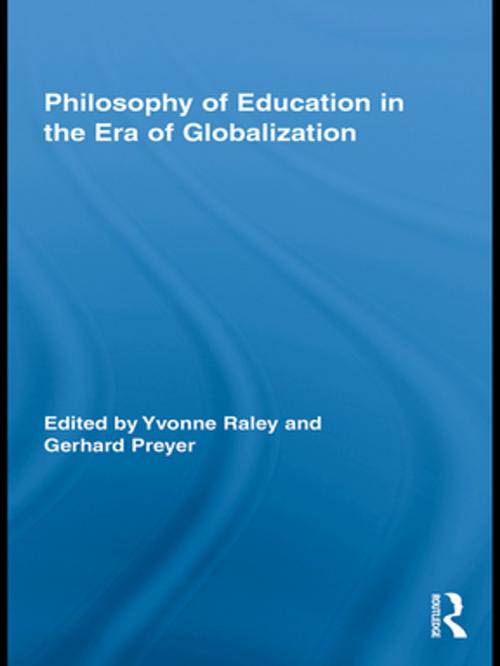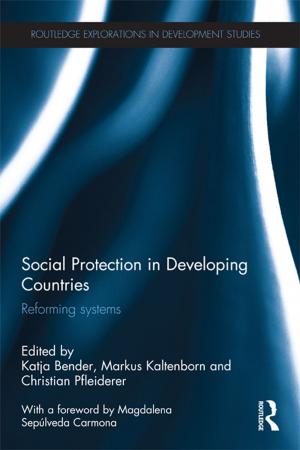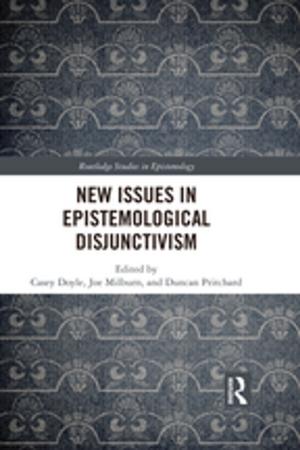Philosophy of Education in the Era of Globalization
Nonfiction, Reference & Language, Education & Teaching, Educational Theory, Philosophy & Social Aspects, Religion & Spirituality, Philosophy| Author: | ISBN: | 9781135227371 | |
| Publisher: | Taylor and Francis | Publication: | December 4, 2009 |
| Imprint: | Routledge | Language: | English |
| Author: | |
| ISBN: | 9781135227371 |
| Publisher: | Taylor and Francis |
| Publication: | December 4, 2009 |
| Imprint: | Routledge |
| Language: | English |
Terrorism, ethnocentrism, religious tension, competition over limited resources, war - these are just a few of the problems and challenges that have emerged in today's global economy. Globalization both implies and requires economic interdependence; and this should bring with it a heightened sense of the interconnectedness of the participating societies. But unfortunately, as recent events indicate, rather than our having formed a global community, today's society is more fragmented than ever. In light of this, education faces some formidable new challenges. How do we prepare future citizens for the world they will live in? How do we teach future generations to embrace the paradox of accepting the value of multiculturalism despite the conflicts it has produced? How do we instill religious tolerance in a time when fundamentalism has become inextricably tied with terrorism? How do we promote economic growth in the face of overpopulation and its depletion of resources? The authors of this collection of essays explore these and related challenges, and they suggest some novel ways of dealing with them.
Terrorism, ethnocentrism, religious tension, competition over limited resources, war - these are just a few of the problems and challenges that have emerged in today's global economy. Globalization both implies and requires economic interdependence; and this should bring with it a heightened sense of the interconnectedness of the participating societies. But unfortunately, as recent events indicate, rather than our having formed a global community, today's society is more fragmented than ever. In light of this, education faces some formidable new challenges. How do we prepare future citizens for the world they will live in? How do we teach future generations to embrace the paradox of accepting the value of multiculturalism despite the conflicts it has produced? How do we instill religious tolerance in a time when fundamentalism has become inextricably tied with terrorism? How do we promote economic growth in the face of overpopulation and its depletion of resources? The authors of this collection of essays explore these and related challenges, and they suggest some novel ways of dealing with them.















